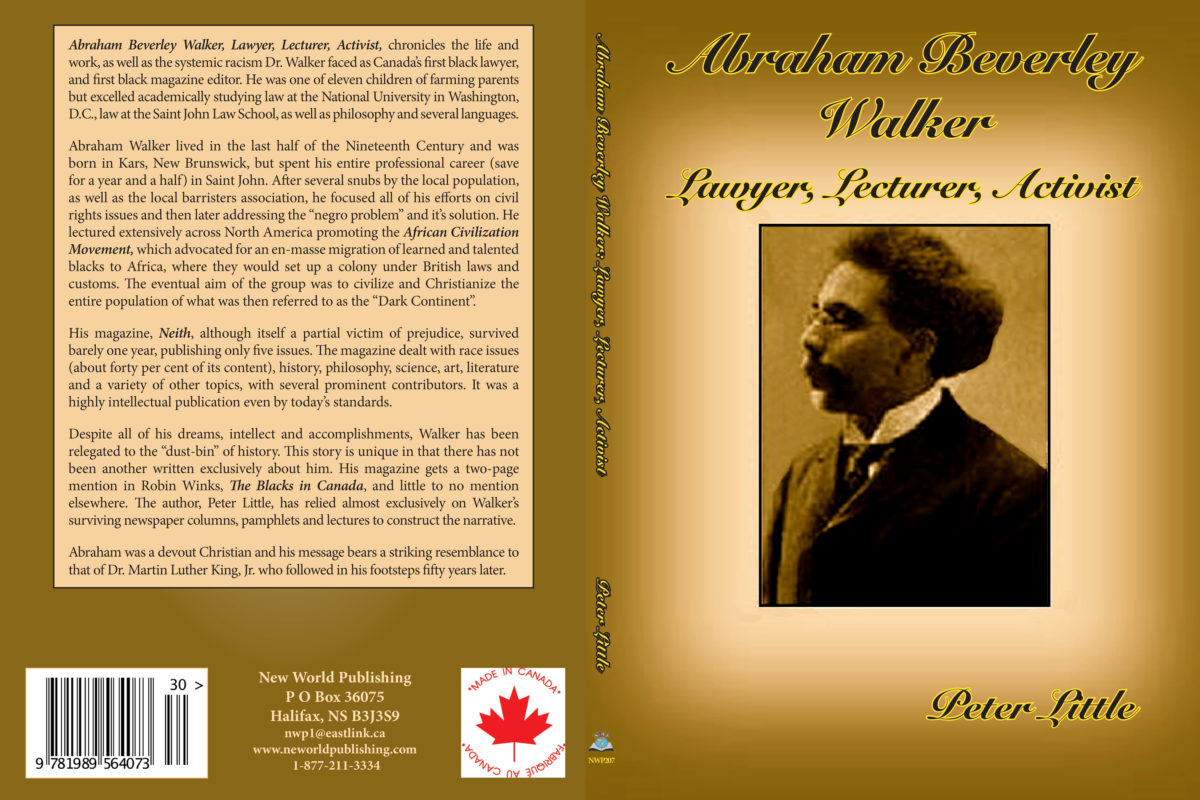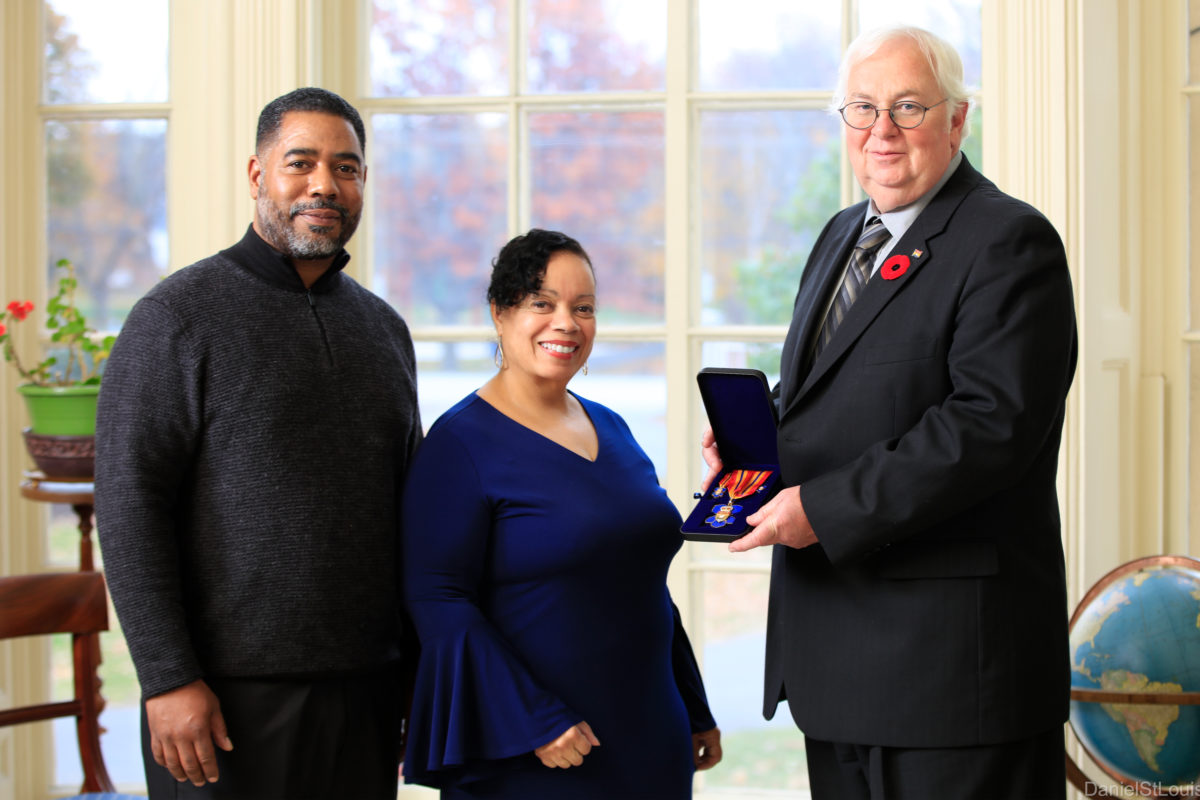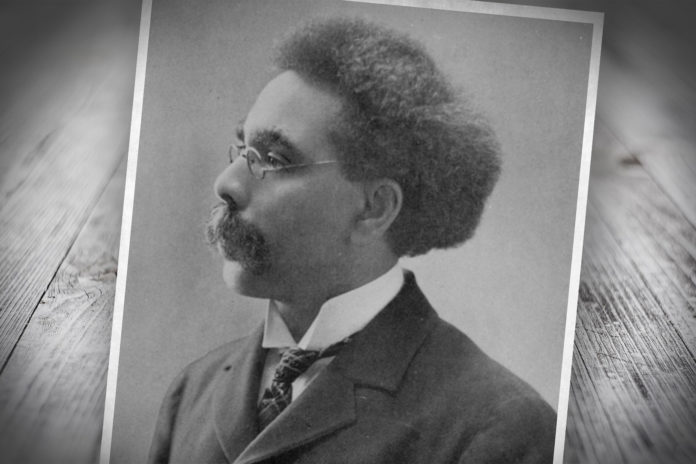Around 30 people attended the Fredericton Region Museum’s live event via Zoom on Feb. 18 commemorating the life of Abraham Beverly Walker, the first Canadian-born Black lawyer.
This was the fifth event in the York Sunbury Historical Society’s Speaker Series, with Peter Little as the presenter for this session.
Little is an author and historian, as well as a board member of the New Brunswick Black History Society. He said his concentration is sharing untold stories from the past and of people whose remarkable lives have been overlooked.
Little’s interest in Walker first started when he was looking for something to do in his retirement. He ran into Ralph Thomas, who was the project coordinator for the Black History Society function at the time at the Imperial Theatre. Little told Thomas to let him know if he needed anyone to help with research.
“A little while later, he called and asked me when I could make a family connection between Abraham Walker and Sally Walker.”
Little asked Thomas to tell him who Walker was because he had never heard of him.
“All Ralph knew was he was the first Canadian-born Black lawyer in the country and he established a magazine in 1903 in Saint John called Neith, which made him the first Black Canadian to become a paper or magazine publisher.”
As Little started making the family connection, he discovered a few more details about Walker, which led him to finding all five issues of his magazine in the Saint John library. After doing his research, Little wrote and released a book in October 2019, titled Abraham Beverly Walker: Lawyer, Lecturer, Activist. The book highlights Walker’s life and accomplishments as well as his struggles as a Black lawyer.

During Little’s 40-minute presentation, he opened the audience’s eyes to Walker’s world.
Walker was born in 1851 in Kars, N.B. His family knew from the moment he was born he’d grow up smart.
After primary school, Walker met the local Anglican preacher who developed his own kind of shorthand note-taking. Walker mastered this style of note-taking and went on to travel with Orson Squire, who was a phrenologist. They travelled around North America and England.
After returning from their travels, Walker still had a “thirst for knowledge.” He was encouraged by local lawyer, George Gilbert, to study law. Under Gilbert’s mentorship, Walker received his law degree from the National University in Washington, D.C.
He returned to N.B. in 1881 and was admitted to the bar, which made him the first Canadian-born Black man to become a lawyer.
“But he had a rough time with racism,” said Little. “It was endemic at the time.”
Walker opened up his own law firm but struggled finding clients due to racism. During the time when he didn’t have many clients, he worked as a lecturer, advocated for universal suffrage and began calling out governments on their lack of respect for the Black community.
At one point, Walker left Canada and moved to Atlanta, Georgia, thinking things would be better for himself and his career, but shortly returned back to N.B.
“He had his eyes opened,” said Little. “The grass is not always greener on the other side of the fence.”


In 1903, he started his own magazine called Neith, although he only published five issues due to the lack of readers. Each issue was 60 pages and focused on racial issues.
Little said one of his favourite quotes from Walker is, “education expands the mind and gives elasticity to thought.”
Walker later passed away from tuberculosis in 1909.
“His obituaries in the paper were quite glowing and full of praise and then he was just dumped in an unmarked grave and swept under the rug of history, left there to be forgotten,” said Little.
With the revival of his legacy from Little and his book, Walker was awarded the Order of New Brunswick in 2019.
Little got to accept the award and later presented it to Walker’s great-granddaughter.
At the end of Little’s presentation, he left the audience with one last quote from Walker.
“A man should not be measured by his race, or his colour, or his creed, but by the size of his soul, or his heart, or his mind.”

